

It’s been a long time coming – almost exactly three years since it was first announced, in fact – but Mafia II is finally here. We’ve seen a lot of the game prior to its release; learned about its characters, its attention to detail and its aim to immerse players in its sharply realized mid-century Mob fiction. So far, it’s seemed like a worthy enough successor to the original Mafia: The City of Lost Heaven, but obviously it’s got a lot to live up to.
So, here’s the first thing you should know about Mafia II: It’s not the revolutionary game that its predecessor was. In some ways, it even feels like a big step back for the car-crime genre, with a structure that’s so linear and narrowly focused that we have to wonder why the developers bothered to set it in an open world at all. Once you come to terms with that, though, you’ll find a charming, brilliantly written mob drama that’s enormously fun to play through.
Unlike your Grand Theft Autos and just about every other open-world game, Mafia II features no side missions to pursue, no mission-givers to go and find, and no spontaneous events to distract you from the task at hand. The game is divided into chapters, which usually begin with Vito being woken up at home by a phone call. You’re then directed to drive somewhere and meet with someone before being thrown headlong into firefights, car chases or (and these are rare) stealth missions.
Above: Shoot cars in the gas tank, and you can make them explode with a single bullet
Apart from a couple of annoying “follow that car but don’t get too close” tasks, the missions tend to be enjoyable even at their most thuddingly straightforward, and the action will be more or less instantly familiar to anyone who’s played a car-crime game. Vito can steal cars, either by jacking them while in motion, by breaking their windows when they’re parked or – if you don’t want to deface your new ride – by picking their locks with a quick minigame. The cars themselves, which range from crawling 1920s shitwagons to beefy ‘50s hotrods, all handle well enough (and are enormously fun to ramp up to ridiculous speeds on the freeway), although it isn’t uncommon to fishtail or spin out during high-speed pursuits.
Gunfights, meanwhile, follow the Gears of War model, with lots of emphasis on sticky cover and enemies who know how to use it as well as you do. Better than you do, in fact; while Vito can’t blind-fire around corners, his enemies can, and that’s kind of a pain in the ass. When you’re not getting into fights in the streets – which can break out if you do anything to piss off the cops or rival gangsters – the missions take you through big interior spaces, ranging from a warehouse to a hotel to a huge Chinese restaurant, which tend to be filled with cover points, destructible scenery and faceless goons to gun down. Which, by the way, you can do with an improbably large arsenal that includes several types of pistol, Tommy guns, Molotovs, grenades, shotguns and a full array of World War II service weapons from both the Allied and Axis sides.
Above: That includes a devastating German MG-42 machinegun. Sadly, you only use it twice
If you prefer a more nonlethal approach, there’s also a simple system for dealing out hand-to-hand punishment. Run up and punch an enemy, for example, and you’ll enter into a one-on-one fistfight that revolves around two- or three-button combos and context-sensitive finishing moves that enable you to slam your opponents against walls.
It’s fun, but it feels artificial and weirdly out of place, and has limited uses at best. Sometimes it’s mandated by the story, but you can also start a fistfight in the middle of a firefight, which will usually get you plugged. Either way, fistfights are always fought one-on-one while the others wait their turn, like in a kung-fu movie. And while that makes sense in certain instances, it seems like an awfully counterproductive tactic when used, about a third of the way through the game, by a gang of would-be prison-shower rapists.
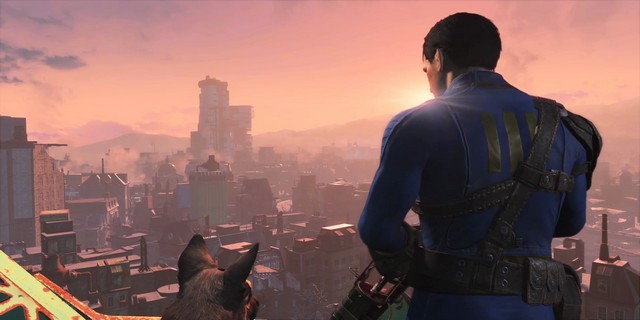


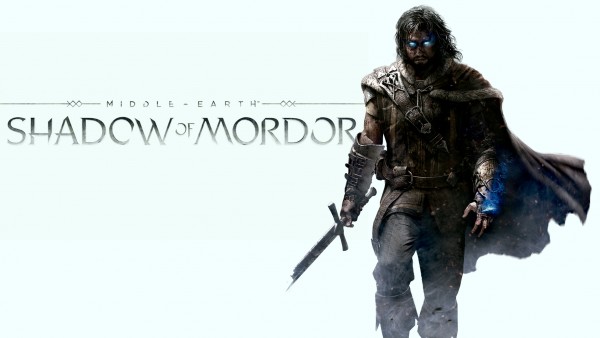
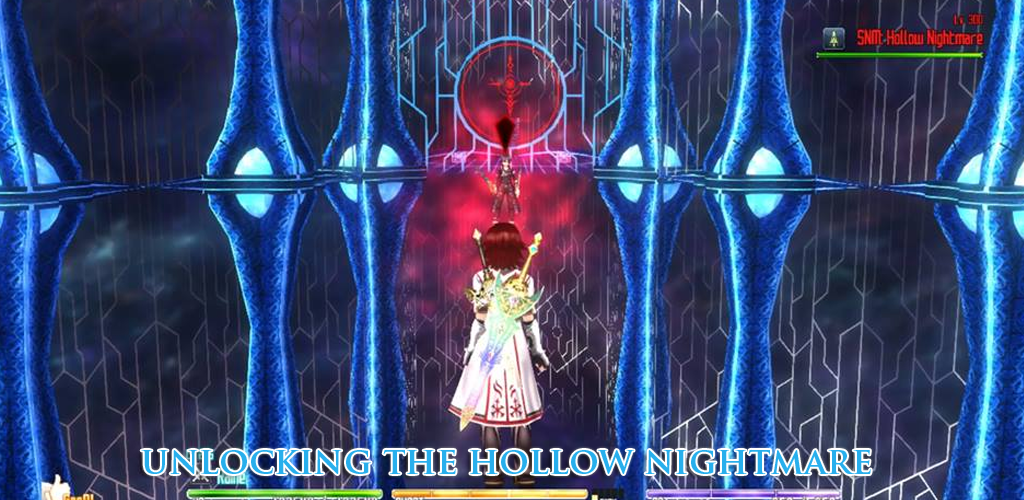 Unlocking the Hollow Nightmare in Sword Art Online Re; Hollow Fragment
Unlocking the Hollow Nightmare in Sword Art Online Re; Hollow Fragment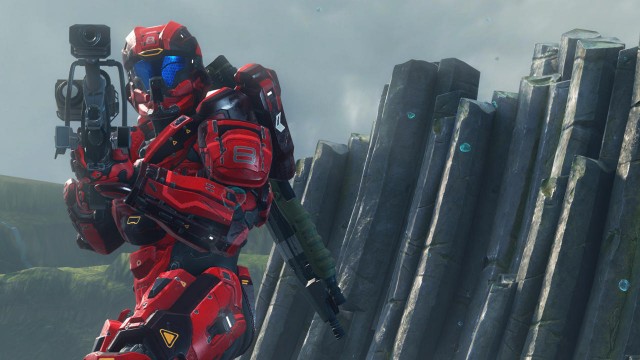 Halo 5: Guardians Campaign Tips, Tricks and Cheats
Halo 5: Guardians Campaign Tips, Tricks and Cheats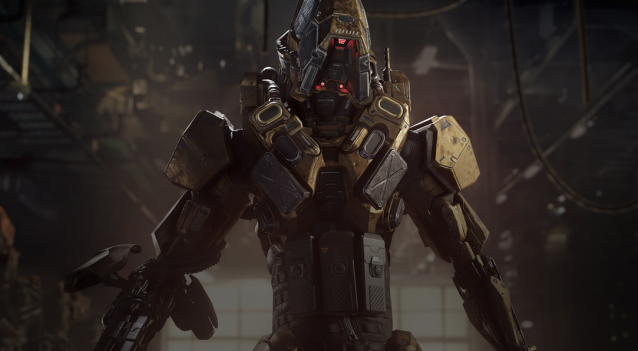 Call of Duty Black Ops 3 Collectibles Guide
Call of Duty Black Ops 3 Collectibles Guide How to fix Pro Evolution Soccer 2015 PC Launch issues, Stuttering, Downloading issues, Server error, Sound issue and more
How to fix Pro Evolution Soccer 2015 PC Launch issues, Stuttering, Downloading issues, Server error, Sound issue and more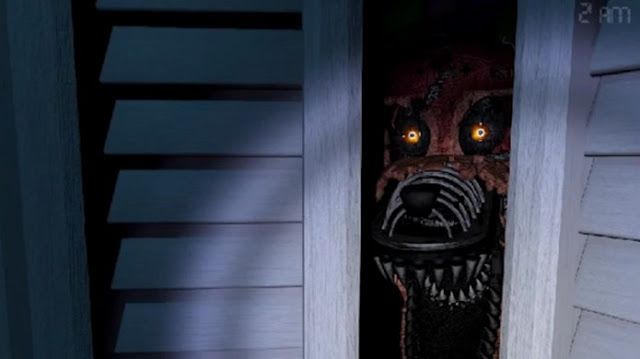 Learn how to play Five Nights at Freddys 4 (Android / Windows)
Learn how to play Five Nights at Freddys 4 (Android / Windows)